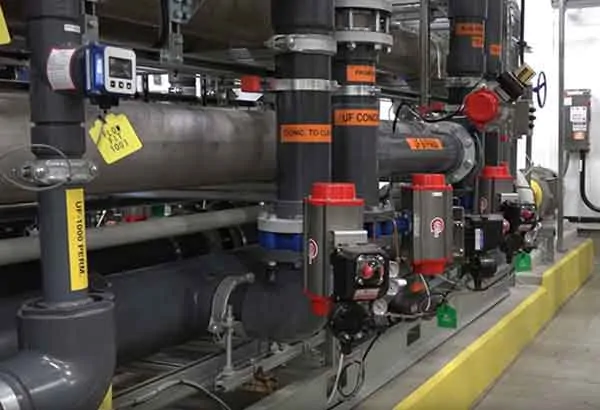


Complementing the Interstate Technology and Regulatory Council’s – ITRC, PFAS Technical and Regulatory Guidance, the website now has ITRC Per- and Polyfluoroalkyl Substances – PFAS, and Risk Communication Fact Sheets available. The site and updated content replace older fact sheets with more detailed information and useful for those who wish to understand the discovery and manufacturing of PFAS, information about emerging health and environmental concerns, and PFAS releases to the environment with naming conventions and federal and state regulatory programs.
SCS Engineers’ professionals recommend further reading to understand specific chemicals or subgroups of chemicals under study to comprehend PFAA behavior in the environment. There are appropriate tools to develop a site-specific sampling and analysis program and considerations for site characterizations following a PFAS release.
We combine ITRC resources and our own to compile an updated library that we hope you find helpful. You can always contact one of our local Liquids Management or Landfill professionals too.
PFAS Behavior in the Environment
PFAS Concerns
PFAS Evaluations
PFAS Remediation
The Interstate Technology and Regulatory Council (ITRC) is a state-led coalition working to reduce barriers to the use of innovative air, water, waste, and remediation environmental technologies and processes. ITRC documents and training can support quality regulatory decision making while protecting human health and the environment. ITRC has public and private sector members from all 50 states and the District of Columbia and is a program of the Environmental Research Institute of the States (ERIS), a 501(c)(3) organization incorporated in the District of Columbia and managed by the Environmental Council of the States (ECOS).
ITRC Goals
SCS Engineers